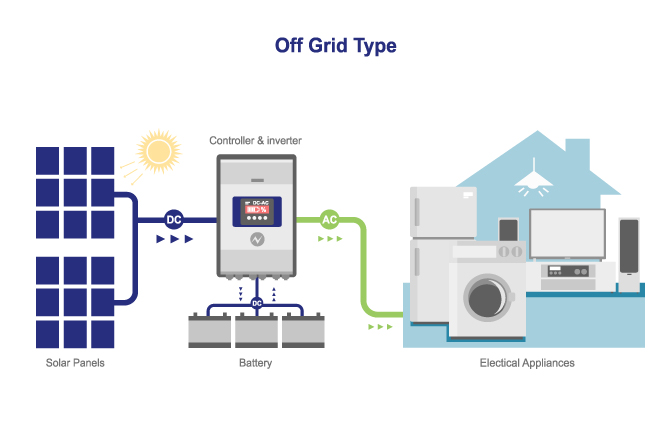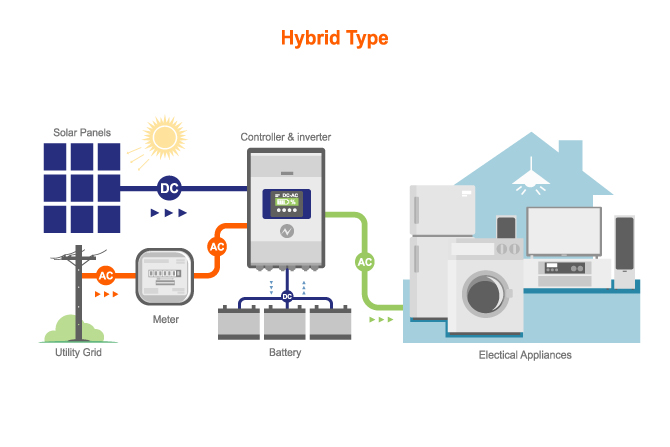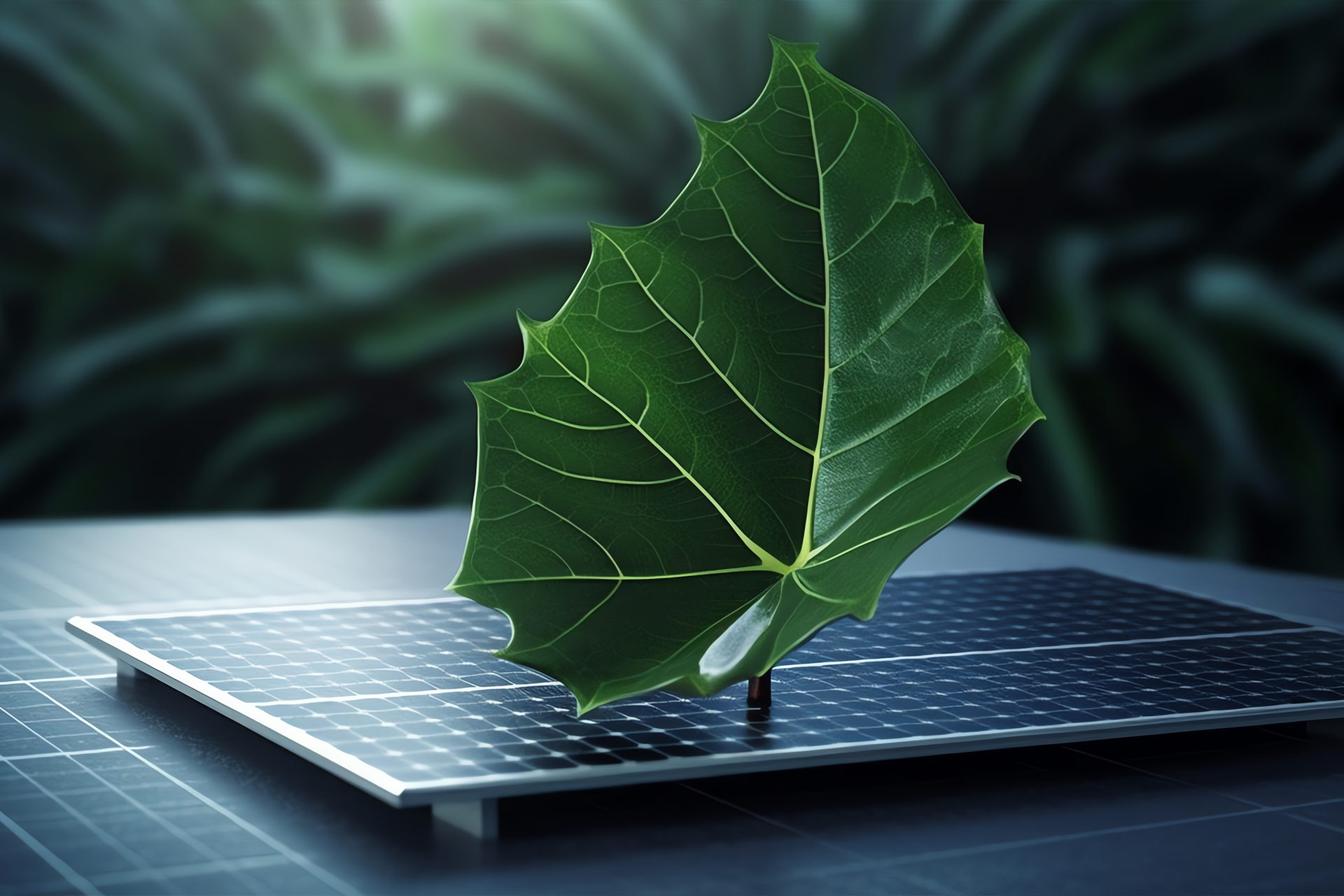Solar PV (photovoltaic) systems have revolutionized the way we harness renewable energy. With various types of systems available, it’s important to understand their unique characteristics and applications. In this article, we’ll delve into the different types of solar PV systems, shedding light on their features and practical uses.
Grid-connected PV Systems:
Among the most common installations, grid-connected PV systems are seamlessly connected to the electrical grid. These systems can supply surplus electricity to the grid while also drawing power from it when needed. They don’t typically incorporate energy storage, relying on the grid for backup power.
Off-grid PV Systems:
For areas where the grid connection is impractical or unavailable, off-grid PV systems, also known as standalone systems, come to the rescue. These systems operate independently, utilizing batteries or other energy storage solutions to store excess energy generated during the day for night-time or low-sunlight periods.

Hybrid PV Systems:
To maximize energy generation and enhance reliability, hybrid PV systems combine solar PV with other energy sources such as wind turbines or diesel generators. These systems leverage energy storage capabilities and can optimize power production by harnessing multiple renewable sources.

Building-Integrated PV Systems (BIPV):
Aesthetics meet functionality with building-integrated PV systems. By seamlessly integrating solar panels into the design elements of a building, such as windows, roofs, or facades, BIPV systems serve a dual purpose. They not only generate clean energy but also enhance the architectural aesthetics of the structure.
Floating PV Systems:
Innovative and space-saving, floating PV systems are installed on water bodies like lakes, reservoirs, or ponds. The solar panels float on the water’s surface, utilizing the sun’s energy to generate electricity. These systems are particularly advantageous in areas where land availability is limited, or bodies of water are already in use.
Concentrated PV Systems:
Leveraging advanced technology, concentrated PV systems concentrate sunlight onto small areas of high-efficiency solar cells using lenses or mirrors. By intensifying sunlight, these systems can produce more electricity per unit of solar panel area. Tracking systems are often employed to follow the sun’s movement throughout the day.
Portable PV Systems:
For those on the move or in need of flexible power solutions, portable PV systems are designed for easy transportation. These lightweight systems usually include foldable solar panels and integrated battery storage. Whether for camping, outdoor activities, or emergency power needs, portable PV systems provide a convenient source of clean energy.
As solar PV technology continues to advance, a range of system options is available to suit various requirements. From grid-connected and off-grid systems to hybrid and building-integrated solutions, each type offers unique advantages. Floating, concentrated, and portable PV systems cater to specific needs and contexts. Understanding the characteristics and applications of these different types empowers individuals and businesses to make informed decisions when it comes to embracing solar energy and harnessing its remarkable potential.



